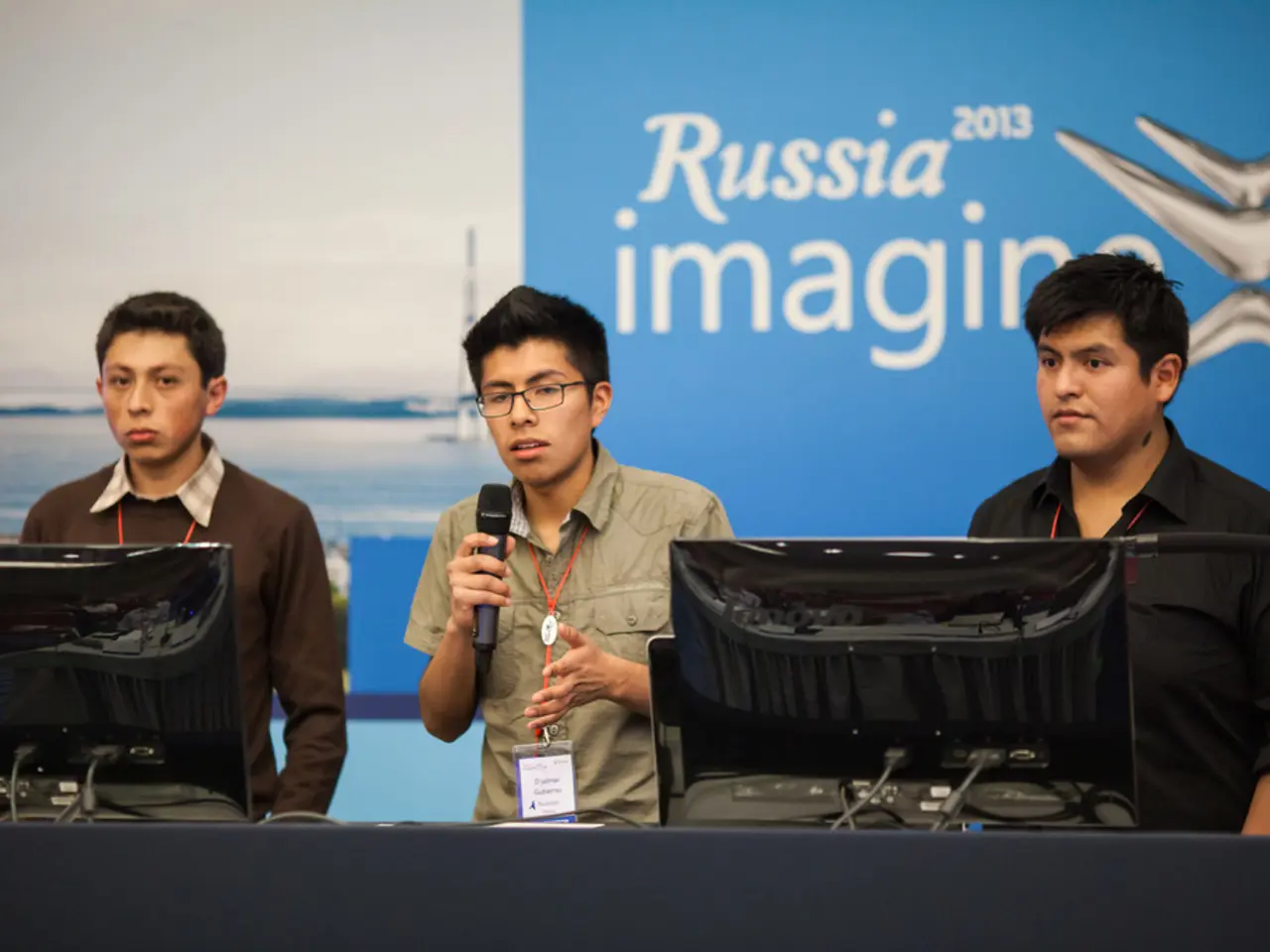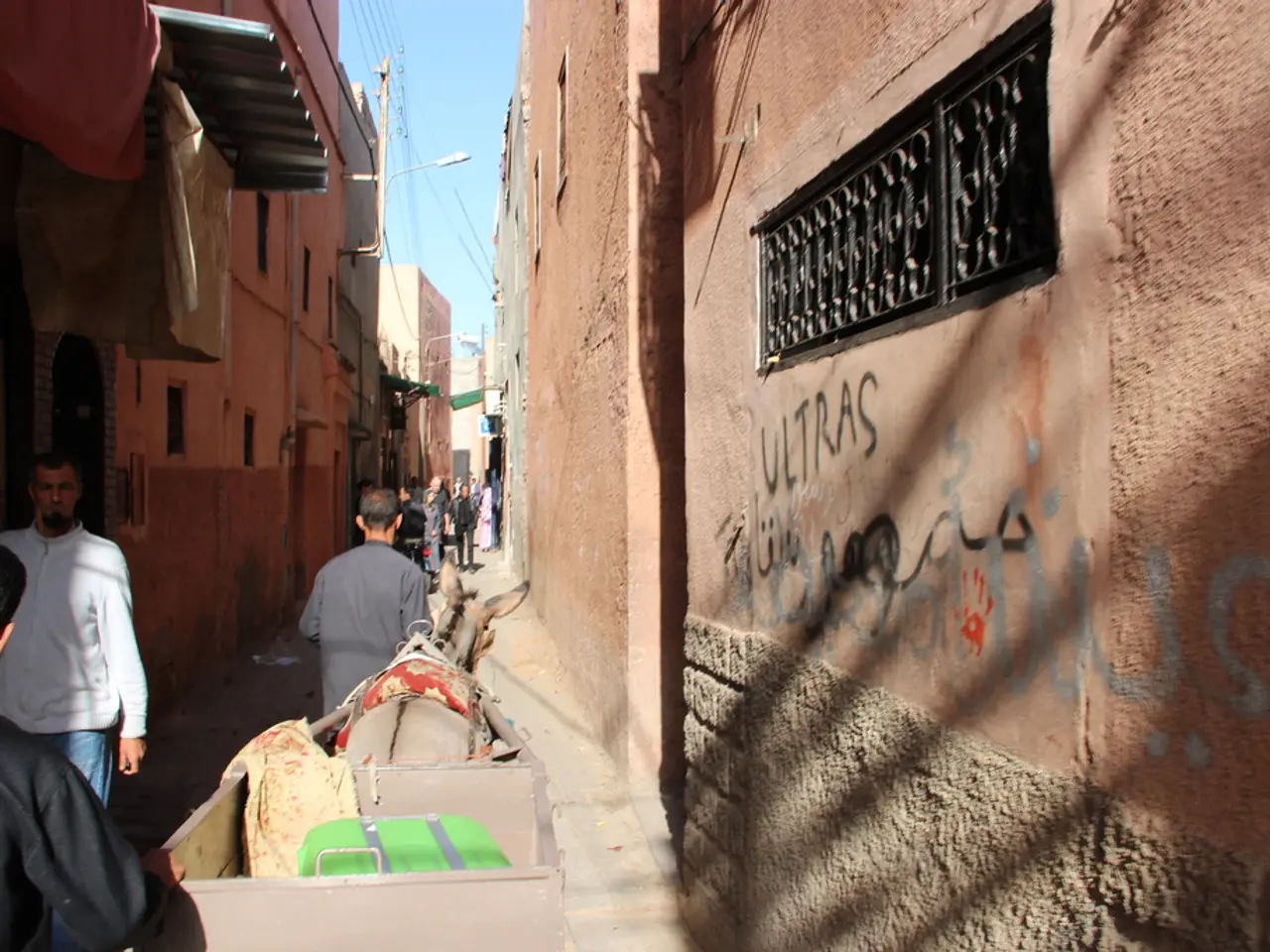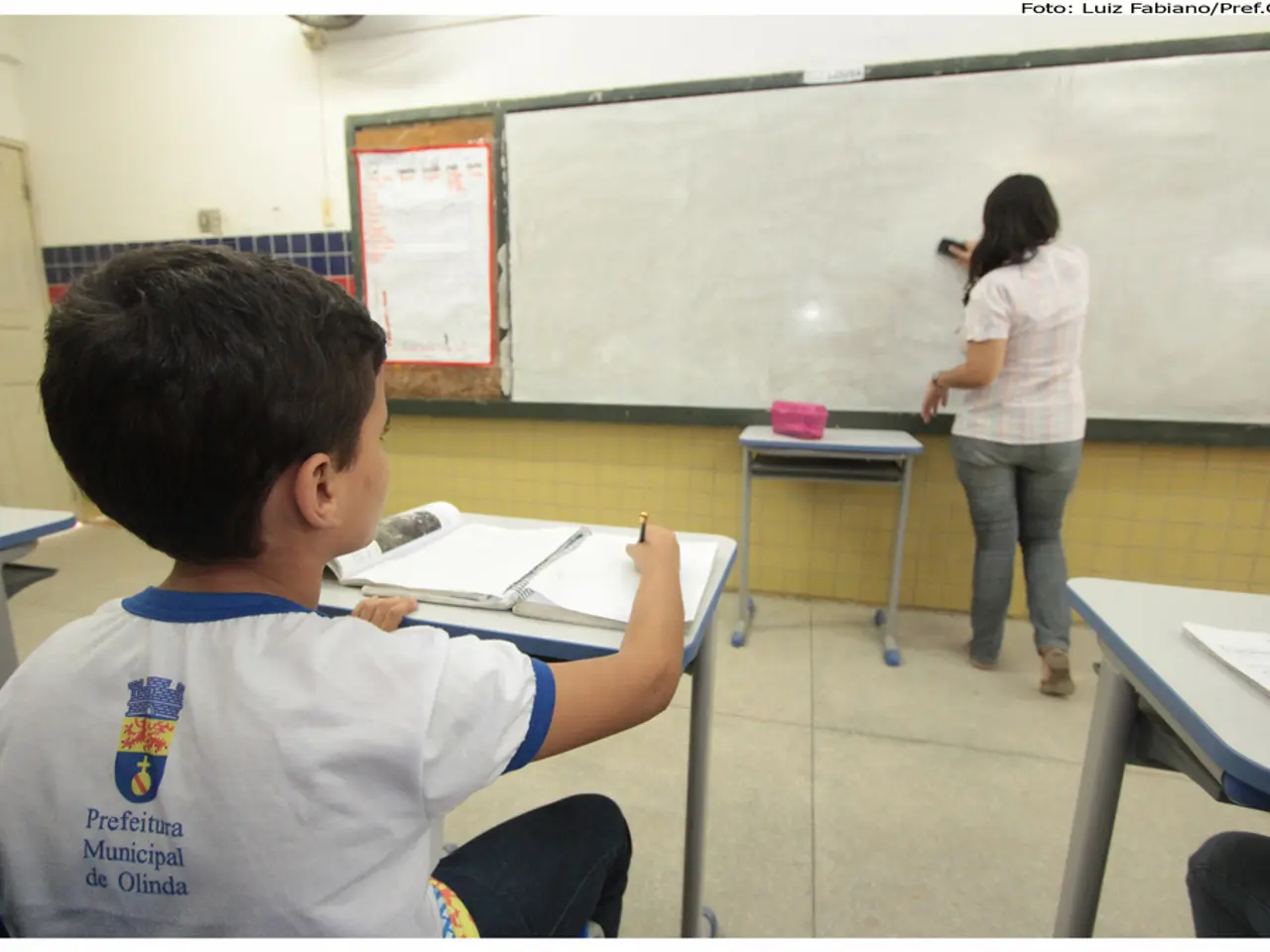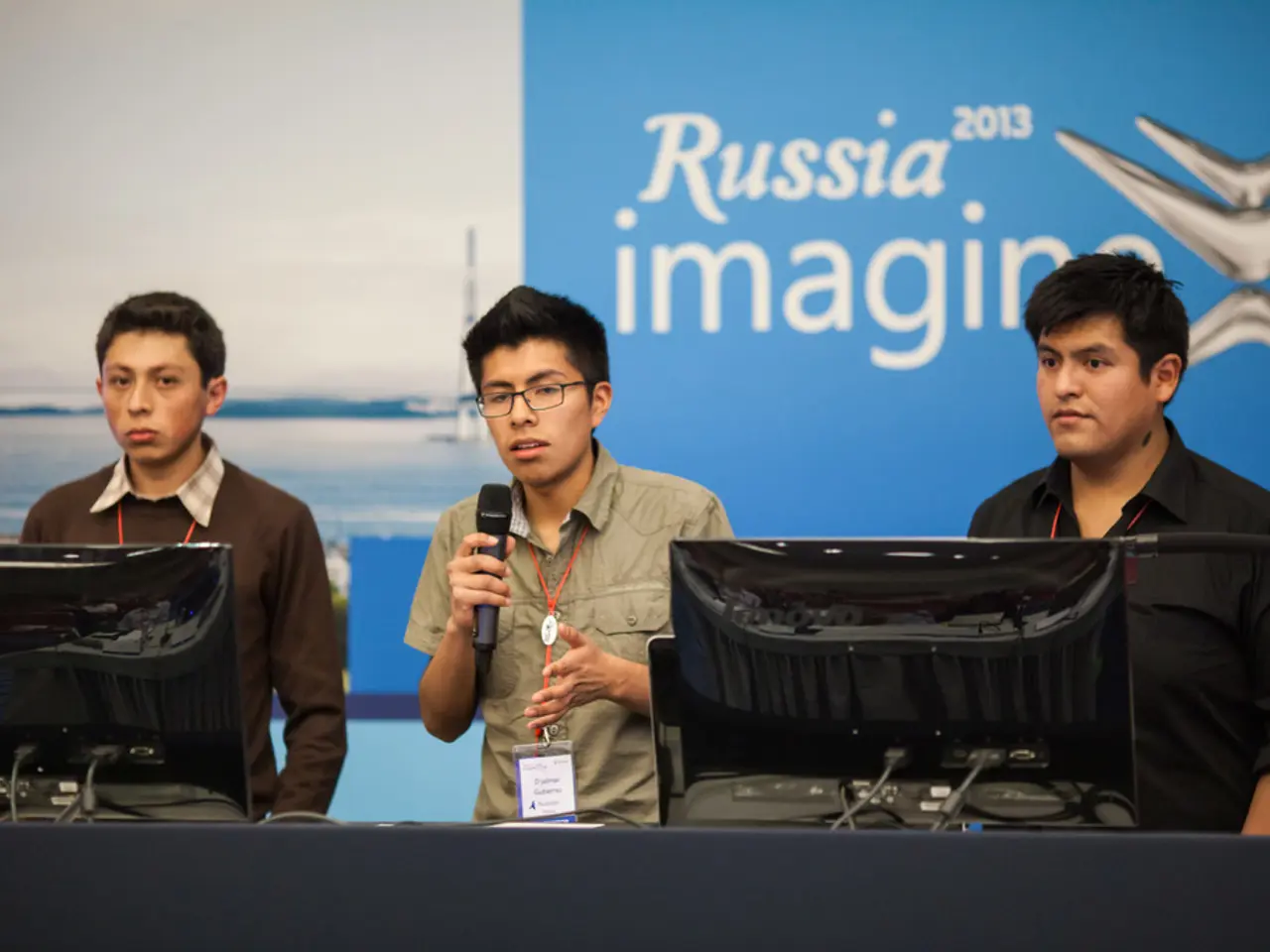Nigeria stands firm against accepting deportees from the U.S., citing its own internal issues: "We have sufficient troubles to handle within our borders."
The U.S. government has not officially confirmed it is pressuring African nations to accept third-country nationals for deportation. However, Nigeria, one of the countries targeted by recent visa restrictions, is resisting this pressure due to national security and economic concerns.
Nigeria's resistance to accepting deportees from Venezuela and other third countries has been primarily driven by these concerns. The Nigerian government, through its Ministry of Foreign Affairs, has stated that accepting foreign nationals, some of whom are convicted criminals or prisoners deported from the U.S., would place an unfair burden on Nigeria, which already faces significant domestic challenges including population pressure and security issues.
Key reasons for Nigeria's refusal include security concerns, economic and social burden, protection of national interest, and diplomatic distancing. The government worries that accepting deportees, especially those with criminal records or involved in illegal activities, could exacerbate Nigeria's internal security problems. The additional social and economic challenges that accepting deportees would bring are viewed as unrealistic and unacceptable demands by the Nigerian government.
Nigeria insists that the policy benefits U.S. interests more than those of African nations, and that Nigeria's stance is to maintain national dignity and security rather than comply with U.S. diplomatic pressure. By resisting the U.S. pressure, Nigeria has distinguished itself from other African countries like Rwanda, South Sudan, and Eswatini, which have agreed to accept U.S. deportees.
In a recent interview with Nigeria's Channels TV, Foreign Minister Yusuf Tuggar expressed his resistance to the U.S. pressure, quoting lyrics from the U.S. rap group Public Enemy. Tuggar also stated that Nigeria will continue to stand for its national interest and will not negotiate away its sovereignty.
The U.S. government has reportedly approached at least three other African nations - Benin, Eswatini, and Libya - to accept deported migrants, but both the Libyan governments in the west and the east have denied these claims. The U.S. calls this action a "global reciprocity realignment."
The Trump administration has been under fire for its handling of the issue, with the president sparking backlash at a recent summit after praising Liberian President Joseph Boakai for speaking "such good English" despite English being Liberia's official language. The country was founded by formerly enslaved people from the U.S. in the 19th century.
Despite the tension, Nigerian officials deny that the visa restrictions are reciprocal and argue they are instead linked to Nigeria's refusal to comply with U.S. migration demands. The Nigerian government is engaging with U.S. officials to strike new deals involving critical minerals, oil, and gas.
References: [1] Channels TV (2021). Foreign Minister Tuggar speaks on U.S. visa restrictions, deportees. [online] Available at: https://www.channelstv.com/2021/06/04/foreign-minister-tuggar-speaks-on-us-visa-restrictions-deportees/ [4] The Guardian (2021). Nigeria rejects U.S. pressure to accept deportees from Venezuela and other third countries. [online] Available at: https://www.theguardian.com/world/2021/jun/04/nigeria-rejects-us-pressure-to-accept-deportees-from-venezuela-and-other-third-countries [5] Al Jazeera (2021). Nigeria resists US pressure to accept Venezuelan deportees. [online] Available at: https://www.aljazeera.com/news/2021/6/4/nigeria-resists-us-pressure-to-accept-venezuelan-deportees
- The Nigerian government's interest in maintaining national security and economic stability, as shown by its resistance to accepting third-country nationals for deportation, is a key ESG factor for investors analyzing policy and legislation.
- Nigeria's political stance against accepting U.S. deportees, rooted in concerns about national security and economic burden, has made headlines in the general news, as the U.S. government faces criticism for its diplomatic approaches to third-world countries.
- In response to the growing credit concerns related to the U.S.'s 'global reciprocity realignment' policy, which involves asking African nations to accept U.S. deportees, some nations like Nigeria are taking a stand to protect their national interests and uphold their ESG policies.








